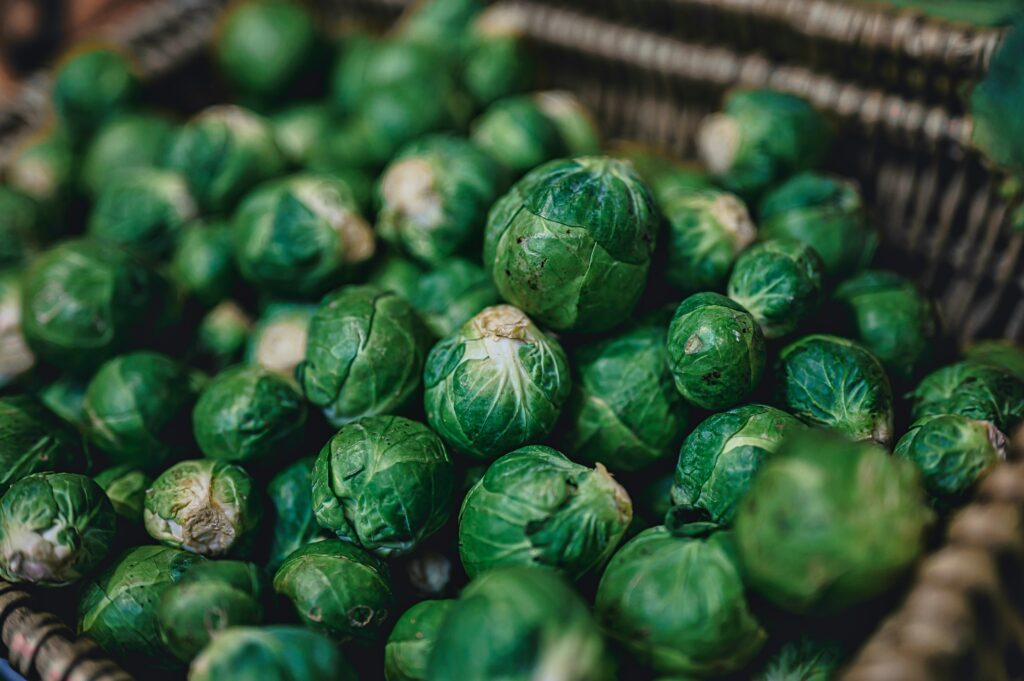From the CO2Science.org Archive: Purple foxglove, an attractive garden flower with the regrettable drawback of being very toxic including to humans, is also the source of digitalis which can be synthesized into a useful heart medicine. Which leads us to note that once again the CO2Science archive contains suspiciously few experiments on toxic plants, which we hope doesn’t mean something untoward happens when scientists try. The archive reports that there were two experiments, one in 1991 and one in 2007, exposing foxglove to an extra 300 ppm CO2 and the average growth boost was 17.5%. So as long as you don’t try to eat the stuff, or uproot it with your bare hands, you can enjoy some extra foxglove in your garden this year thanks to all the extra CO2 in the air.


